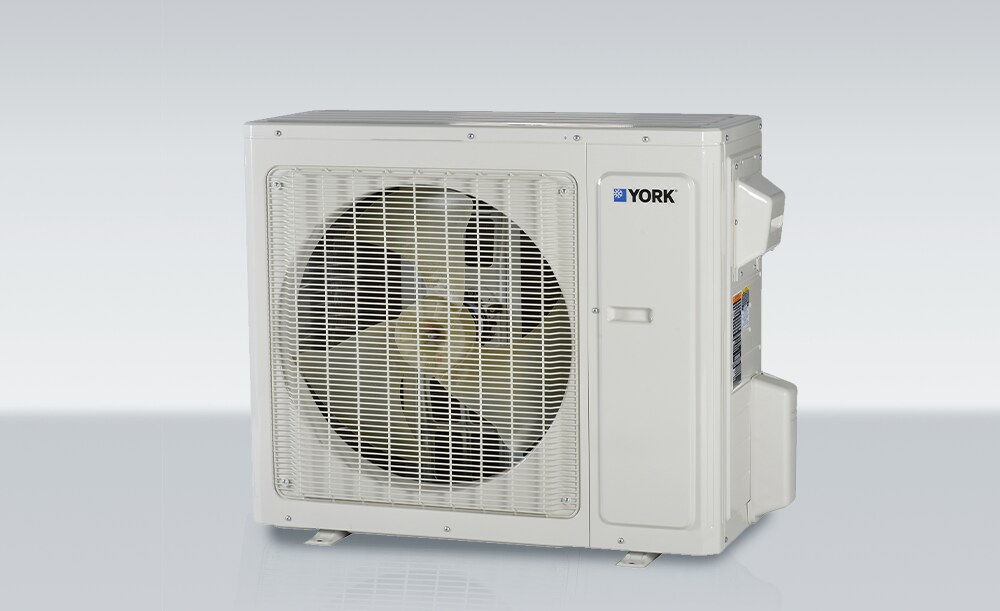Understanding Energy Ratings
What You Should Know About HVAC Energy Consumption
When you save energy, you also save money. Learn about different energy ratings, why they're important, HVAC energy efficiency tips, and more.
This is a measure of a furnace's heating efficiency. The higher the AFUE percentage, the more efficient the product.
This is a measure of a heat pump's heating efficiency. The higher the HSPF, the more efficient the product.
This is a measure of an air conditioner's cooling efficiency. The higher the SEER2, the more efficient the product.
*As of January 1, 2023, The U.S. Department of Energy upgraded its minimum standards and testing from SEER to SEER2.
Each of these energy ratings range from low (least efficient) to high (most efficient). The higher the rating, the more you can expect to save on energy use. Working with a YORK® dealer, you'll be able to find HVAC equipment with the highest efficiency rating.
Save Energy and Money
According to the U.S. Department of Energy, the average person spends more than $3,000 on energy. Here are three tips to make sure your HVAC energy consumption is lower.
Look at the ENERGY STAR Rating
If you've been looking at energy ratings comparison for HVAC systems, you've seen ENERGY STAR ratings. It's a label created by the U.S. Department of Energy and the U.S. Environmental Protection Agency that denotes products with 15-25% energy savings. Even if you're not sure the rating of a particular piece of energy-saving HVAC equipment, you can be sure it will save your home more energy compared to a unit without an ENERGY STAR label. This equipment saves you on the day-to-day expenses of keeping your home comfortable, and almost half of all YORK® air conditioners, heat pumps and furnaces have this designation.
Look at the Size of Energy-Efficient HVAC Systems
Although the energy performance of HVAC units is important, the size of the equipment makes a big difference. In most homes, the heating and cooling system is too big. Besides wasting energy, a system that is too large can create uneven temperatures, poor humidity control and add to maintenance calls over time. A system that is too small will be overworked, leading to early wear and possible breakdowns. A YORK® dealer can tell you what the best size equipment is for your home to boost efficiency and comfort.



